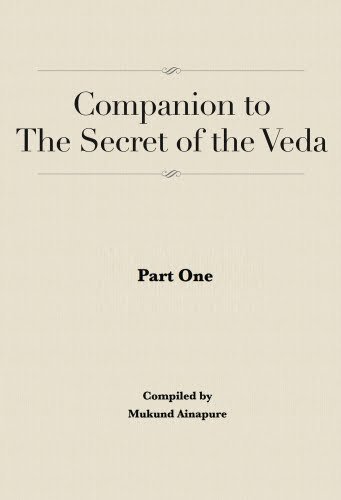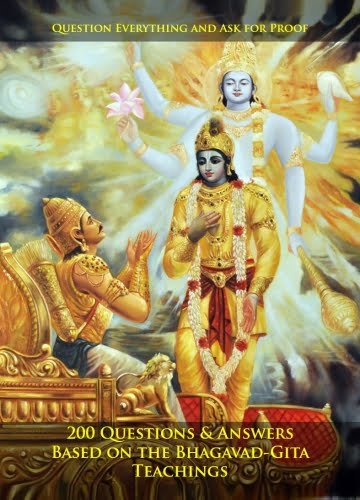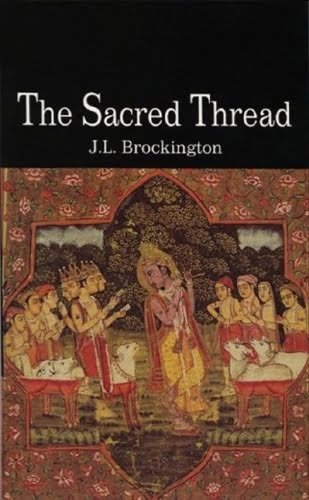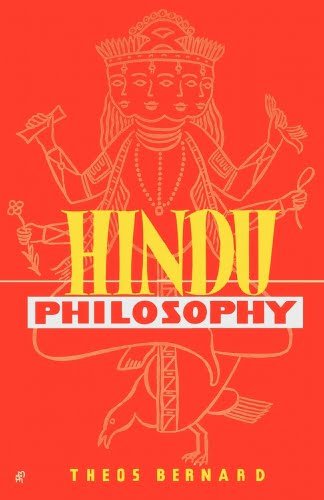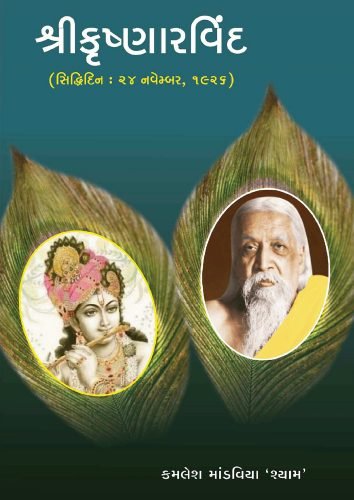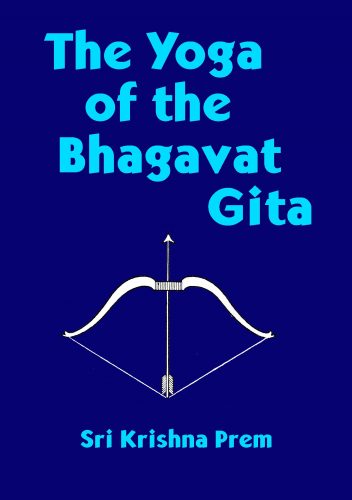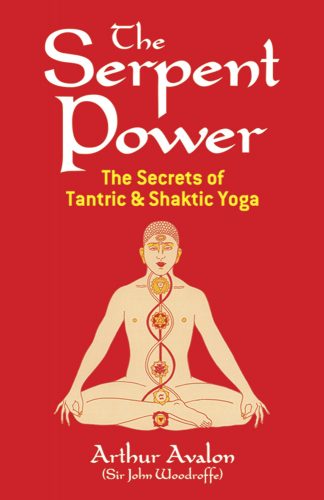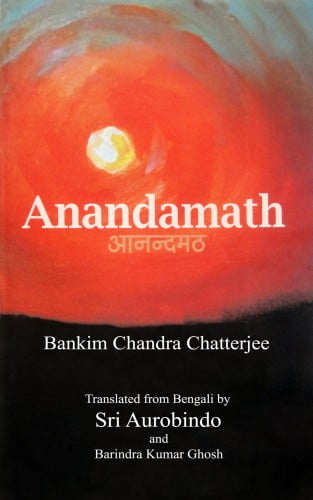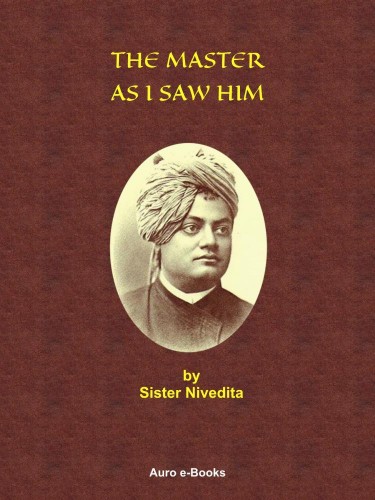Companion to The Secret of the Veda – Vol. II by Mukund Ainapure
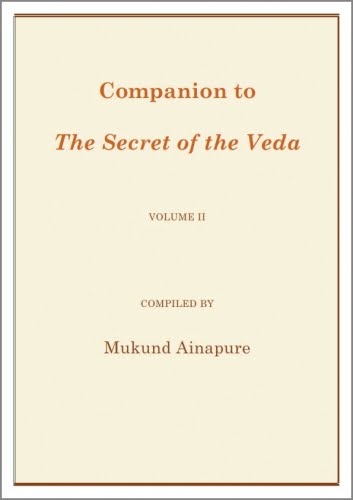
Companion to The Secret of the Veda
Volume II
Companion to The Secret of the Veda is meant as an aid to the systematic study of The Secret of the Veda (Volume 15 – The Complete Works of Sri Aurobindo, Sri Aurobindo Ashram Publication Department, Pondicherry, 2013) for those interested in Sri Aurobindo’s mystical interpretation of the Veda.
It provides the original Sanskrit verses (Riks) from the Rig Veda, in Devanagari (without accents), translated and cited by Sri Aurobindo in The Secret of the Veda. The compiler has provided the Padpātha under each verse in which all euphonic combinations (sandhi) are resolved into the original and separate words and even the components of compound words (samās) indicated; and matched each Sanskrit word in the verse with the corresponding English word in the Translation using superscripts.
Volume I covered the verses from the Rig-veda translated and cited by Sri Aurobindo in Part I (Chapter VI-XXII) of The Secret of the Veda.
The present Volume II covers the remaining verses translated by Sri Aurobindo in Part II-IV of The Secret of the Veda.
In the Foreword to the first edition of Hymns to the Mystic Fire, (1946) Sri Aurobindo stated that “.…to establish on a scholastic basis the conclusions of the hypothesis (mystical interpretation) it would have been necessary to prepare an edition of the Rig-veda or of a large part of it with a word by word construing in Sanskrit and English…..”
This compilation series is a humble attempt in providing such ‘word by word construing in Sanskrit and English’ of selected verses of the Rig Veda.
Book Details
Author: Mukund Ainapure
Print Length: 201
Publisher: Mukund Ainapure
Original source: author
Submitted by: Mukund Ainapure
Book format: Pdf
Language: English
Read more

